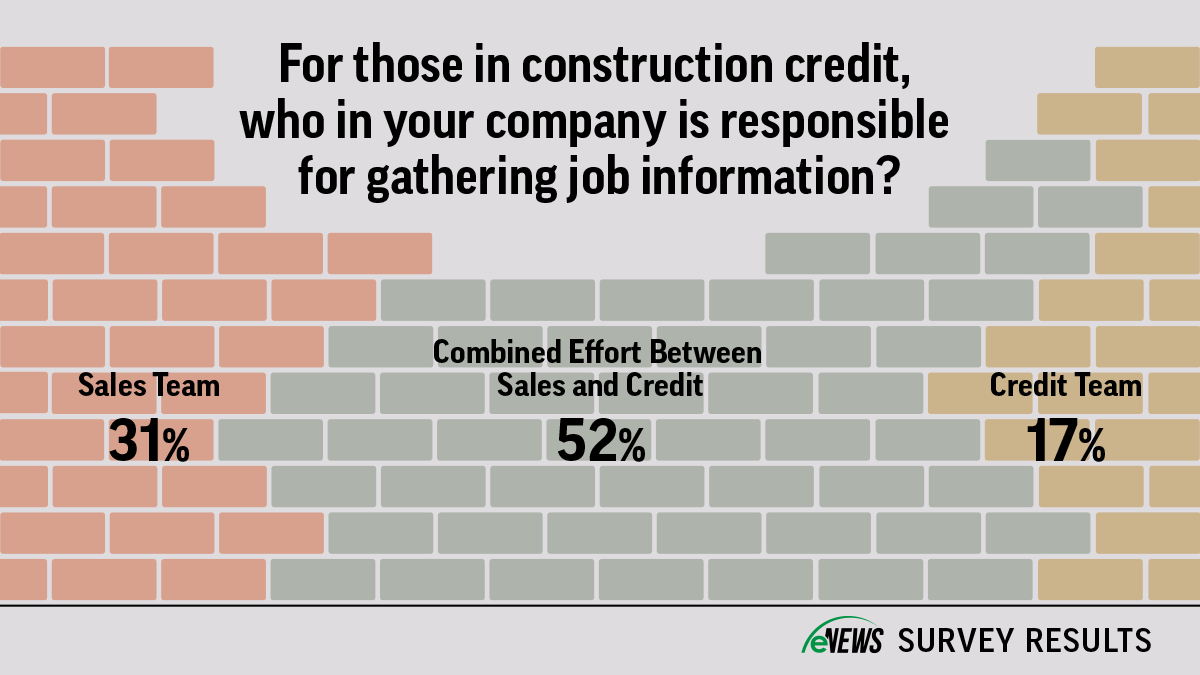Business Practices, eNews
Let’s talk: The power of upward feedback in B2B credit

As a leader in the credit profession, your days can feel extremely fast-paced and filled with so many decisions. However, leadership isn’t just about managing accounts and deadlines—it’s also about staying connected to your team. In the rush of daily responsibilities, one of the most valuable tools a leader can use is often overlooked: feedback from the people they work with.
Why it matters: Whether you’re leading a team of five or working independently, asking for feedback can boost both your own and your team’s performance and help foster a more positive, productive work environment.
First thing’s first—what is upward feedback?
Upward feedback is a chance for employees to provide their perspectives, insights and evaluations to their managers. This type of feedback helps improve management practices, fosters open communication and create a more transparent workplace.
- Positive feedback: focuses on affirming a manager’s strengths and positive behaviors.
- Negative feedback: provides constructive criticism about past actions or behaviors.
- Constructive feedback: offers specific and actionable recommendations for improvement.
- Feed-forward feedback: focuses on future performance and development.
Benefits of upward feedback
Upward feedback can significantly improve performance for credit managers and their team. “Between the operations team, the administrative teams and the credit department, it’s difficult to see what’s going on on the other side,” said Somer John, AR team lead at Trinity Logistics (Seaford, DE). “When the feedback flows freely between departments, you better understand their needs and challenges and vice versa. The different perspectives help you spot inefficiencies or bottlenecks you wouldn’t have known otherwise.”
More recently, credit professionals are using employee feedback surveys, which are used to measure engagement, satisfaction, communication, leadership and organizational culture. The surveys aim to identify what’s working well and where improvements are needed—from an employee’s point of view. These surveys can also be used to enhance communication between you and your team and across departments.
“When my company went through a merger years ago, management regularly used employee feedback surveys to help shape a new workplace culture,” said Kyle Cook, lead credit review and AR analyst at TD SYNNEX Corporation (Greenville, SC). “One of the questions that stood out to me was, ‘What do you need to do your job successfully?’ This gave me a sense of ownership and showed that the company genuinely valued my input.”
Asking for feedback makes your team feel heard and valued, which leads to higher retention and stronger engagement. “Employee feedback surveys allow your team members to express ideas, concerns and experiences that leadership can use to implement changes and make processes better,” said Alisha Gray, purchasing manager at Orgill Inc. (Collierville, TN). “I’ve found it has the potential to improve the work culture, encourage accountability and encourage growth.”
Consistent employee feedback helps build trust among team members, which improves workplace morale. “It fosters trust between leadership and team members because it identifies hidden issues, provides insight on how to improve processes, communication and culture in the workplace, and reinforces that employees are valued and their opinions matter,” Gray said.
The bottom line: As a leader, receiving feedback from your team has the power to transform your management practices, work environment and the results you achieve.





